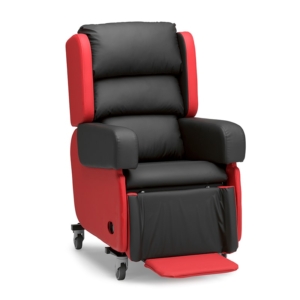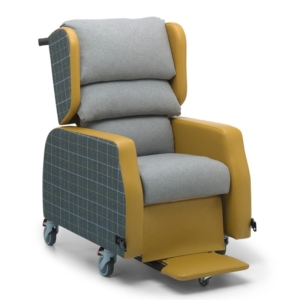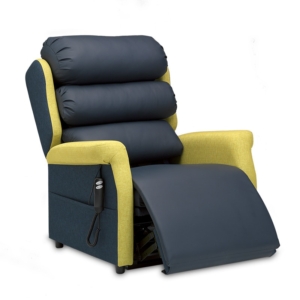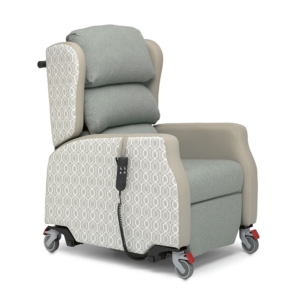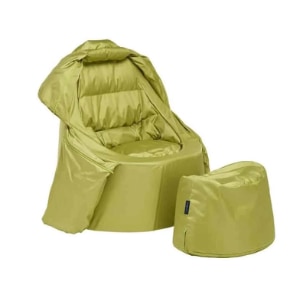The Ultimate Guide to Dementia Friendly Furniture
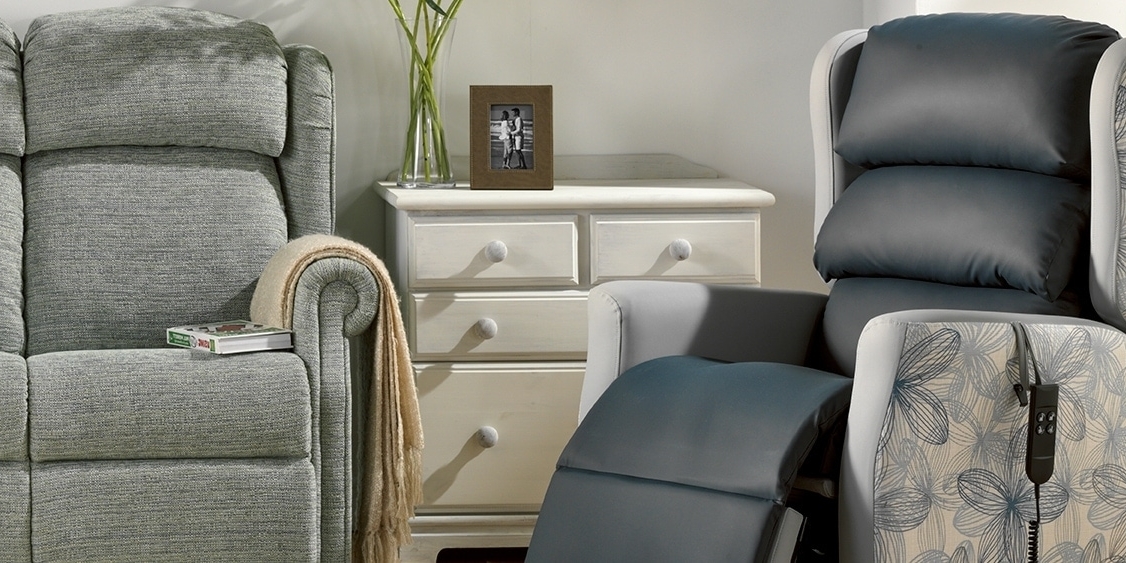
Creating an environment which aids the independence, safety and comfort of people with dementia is key to providing quality of life. As dementia progresses, memory, cognitive speed, and mobility deteriorate, which makes independent living difficult. As a carer for a dementia patient, whether in your home or through social care, creating a dementia-friendly environment with the use of dementia friendly furniture can help to mitigate the effect of these symptoms and facilitate the mental and physical health of patients.
The Importance of Dementia-Friendly Furniture
When considering how you can make your home or care home dementia-friendly, the importance of furniture cannot be overlooked. From beds and chairs to storage and dining, furniture can be the difference between a safe and supported person with dementia, and an uncomfortable and disorientated person. Therefore, it is key to ensuring the right furniture is selected for the needs of your patient.
Dementia-friendly furniture should be chosen for its practicality as well as style; it should be able to withstand wear and tear whilst promoting the safety, comfort, and independence of dementia patients.
Creating a Dementia-Friendly Environment

What does a dementia-friendly environment look like? As touched upon, a dementia-friendly environment means mitigating symptoms of memory loss, reduced cognitive speed, and loss of mobility.
Dementia-friendly, healthcare furniture is imperative to achieving this in a way which feels intuitive and authentic for the dementia patient. Selecting the right furniture can create a familiar atmosphere which aids comfort and reassurance, whilst helping mobility and independent living.
It is important to remember care furniture does not have to be clinical – you can achieve an environment which is both comfortable and practical with dementia-friendly room design…
Dementia-Friendly Room Design
When designing a dementia-friendly room with healthcare furniture, there are several things to consider.
Colours and Lighting
Furniture with contrasting colours can help counteract sight loss and depth perception, making the furniture (such as beds and chairs) easy and safe to access and use. However, be aware that strong patterns may be confusing for a person with dementia.
Trip Hazards and Injury
Trip hazards and injury can be avoided by keeping furniture in the same place and choosing furniture, such as reclining chairs and profiling beds, which aid mobility and reduce fall risk. Selecting cushioned chairs over hard chairs can reduce risk of injury if the patient falls or struggles with their mobility.
Familiarity and Dementia Anxiety
Creating a familiar environment can ease dementia anxiety. Selecting a furniture design which is preferable to the patient, having open-viewing furniture, such as wardrobes and storage, and using signable or labels to reorientate patients can all create a familiar and comfortable environment.
Suitable Chairs for Dementia Patients
There is plenty of emphasis on the importance of chairs in a person with dementia’s life. Dementia sufferers tend to spend a lot of time sitting down, not only because mobility and cognitive function is affected by the disease, but because dementia also typically occurs in older people; 1 in 14 people over the age of 65 have dementia.
Seating should be conducive to the health of a dementia patient. This means a suitable chair should support the correct seated posture, which can decrease the risk of pressure sores, as well as any breathing or digestive issues which may occur due to a slumped position. Ensure you measure accurately for a correct fitting chair to promote comfort and correct posture.
The chair should also aid with mobility – riser recliner chairs, such as Repose Furniture’s Rimini model, can be easily operated by a user to assist with standing, sitting, and reclining positions. Mobility around the home can be further improved with the use of healthcare chairs; Repose Furniture’s Harlem Porter chair is fit with wheels and handles for easy movement.
Your chair should be available in a durable fabric, with plenty of colour and pattern options so you’re able to find a suitable design which features contrasting colours designed for sight loss and depth perception. On top of this, the fabric should be easy to clean, so that any incontinence experienced by the dementia patient can be handled quickly and with dignity.
Cushioning is essential for comfort of the patient, especially when seated for prolonged periods of time. The chair should feature cushioned armrests, a cushioned seat, and headrest for the correct support; some chairs will feature interchangeable cushions to ensure changing needs continue to be met. Repose’s healthcare chairs are designed to offer the required cushioning support for pressure management and posture support.
We Have Chairs For All Dementia Patient's Needs
The needs of each person with dementia are unique, so it’s important to explore the options available for dementia-friendly furniture. Repose Furniture manufactures a range of healthcare and riser recliner chairs designed to meet the unique needs and measurements of your loved one or healthcare patient, with our expert team taking the time to find the right fit for you.
You can contact our team by using our quick and easy contact form below. You can also speak directly to a member of our team on +44 (0)1384 567401 or by emailing us at info@reposefurniture.com. We look forward to hearing from you.
